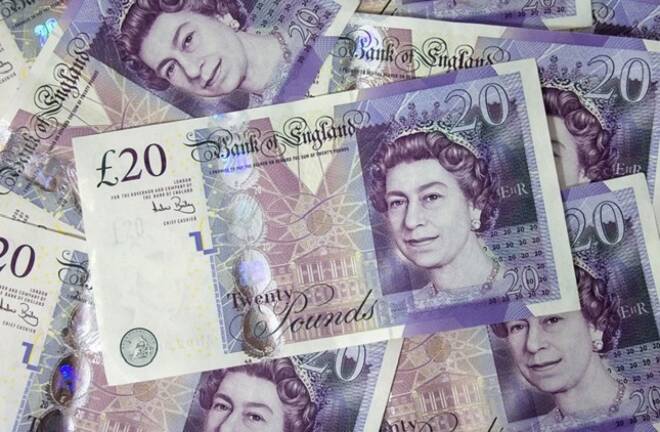Advertisement
Advertisement
European Stocks Climb but Sterling Strength Caps the FTSE
By:
European stock markets are mostly higher. The DAX managed to move further above 11800 while the FTSE 100 continues to underperform.
European stock markets are mostly higher. The DAX managed to move further above 11800 while the FTSE 100 continues to underperform amid a fresh bout of Sterling strength. Asian stock markets also traded mixed overnight. Japanese markets benefited from a weaker Yen, and the Nikkei closed with a 0.68% gain, after hawkish Fed comments buoyed the Dollar. The CSI 300 was up 0.33% at the close, while Hang Seng and ASX 200 headed south. In Europe stronger than expected PMI readings helped the DAX to move higher, but markets continue to eye Le Pen’s rise in the polls with concerns and CAC 40 underperformed while French yields continue to rise amid Frexit speculation.
Le Pen remains very likely to lose out in the second round, but after markets were stung in both U.S. and U.K. polls last year, they are not taking any chances this time around. Weak confidence data and rising inflation also add to speculation of ECB tapering, which is adding to caution on European stock markets.
WTI crude prices are up 2% at $54.70, which is the loftiest level seen since the January-3 19-month peak at $55.24. The price action represents a breakout of the broadly sideways range that’s been persisting since early January. CFTC data on Friday also showed record levels of long positions in NYMEX crude futures. The hedge fund community is clearly betting on OPEC-led supply trimming winning out, though the high level of fickle positioning suggests there is a risk of there being a sharp correction in oil prices should there be a sufficiently bearish cue. After a near two-month hiatus of relative tranquility in crude markets, conditions would seem to be ripening for a return of more volatile price action.
UK Government Borrowing Came in Lower than Expected
UK government borrowing data came in below expectations, with the net figure coming in at a surplus of GBP 9.4 billion, below the median forecast for a GBP 14.4 billion surplus although still the biggest since the year 2000. The government receives income in January’s from self-assessment tax receipts. Overall net borrowing fell by GBP13.6 billion in the tax year so far, to GBP 49.3 billion, which is the lowest figure at this stage of the fiscal year since the financial crisis of 2008. Sterling has traded moderately higher versus the dollar and yen, among other currencies, since the data release, though has remained below intraday highs seen before the data released. The pound has advanced more decisively versus the euro, into four-day high territory, though this is largely a reflection of general weakness the common currency is seeing.
The advance reading for Eurozone consumer confidence in February came in weaker than anticipated at -6.2, down from -4.8 in the previous month. Rising prices and the deteriorating political climate inside and outside of the Eurozone are likely to blame and it remains to be seen how much this will weigh on consumption trends going ahead.
About the Author
David Beckerauthor
David Becker focuses his attention on various consulting and portfolio management activities at Fortuity LLC, where he currently provides oversight for a multimillion-dollar portfolio consisting of commodities, debt, equities, real estate, and more.
Advertisement
